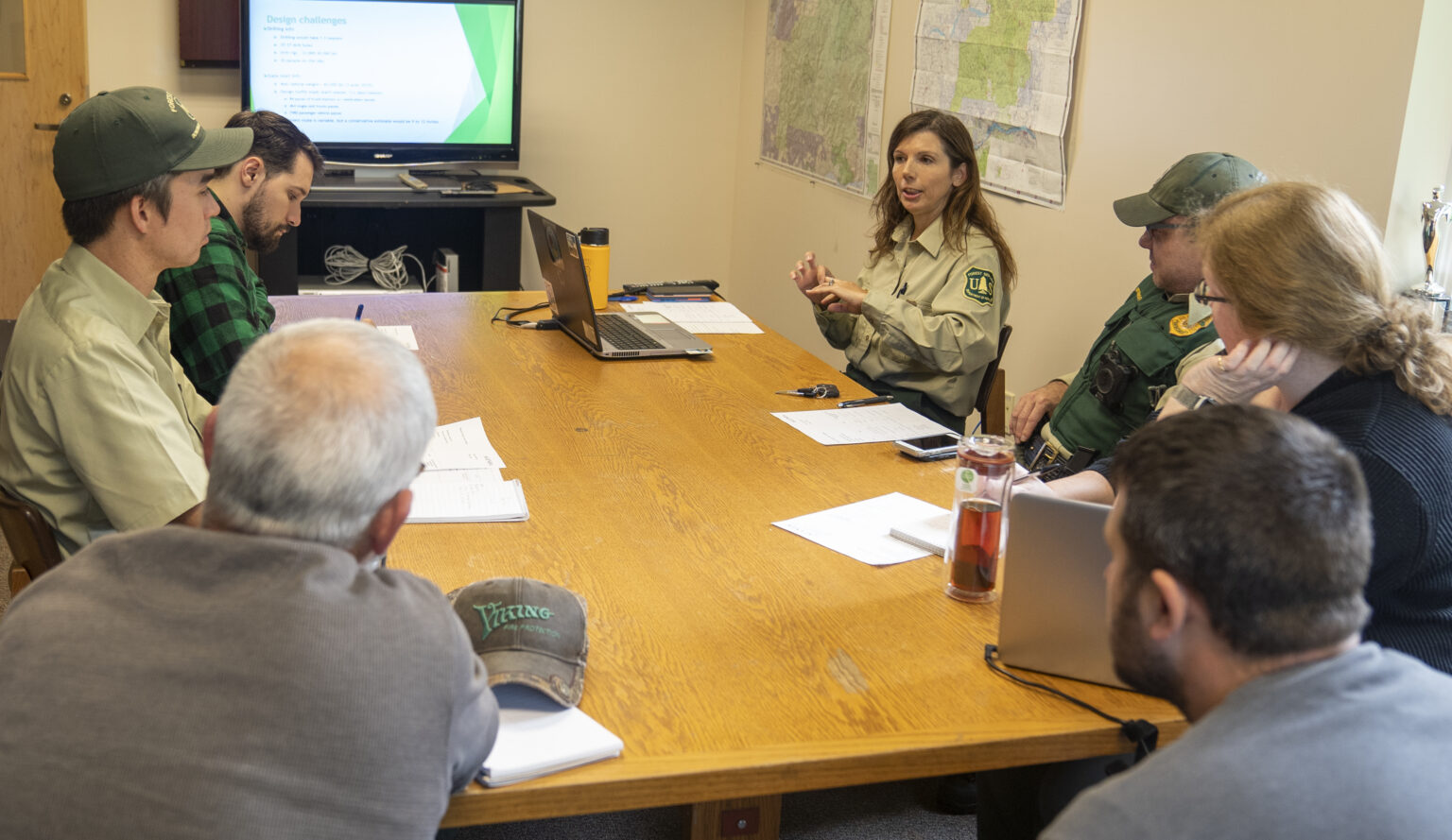Capitol Chatter: Can the Oregon Legislature police itself?
Published 4:30 pm Thursday, February 4, 2021

- Capital Chatter square logo
During several evenings of testimony and discussion this week, a bipartisan committee voted that state Rep. Diego Hernandez, D-Portland, violated legislative rules against sexual harassment and a hostile work environment.
Trending
The sessions began Monday and continued each evening. On Friday afternoon, the House Conduct Committee may take up legislation “to address Rep. Hernandez’ violations of Rule 27.”
Regardless of the outcome, this case raises challenging questions about the Legislature’s ability to expeditiously, thoroughly and fairly police itself. The process, despite significant improvements in recent years, seems excruciating to everyone involved.
One of the women interviewed by investigators, who was identified only as “Subject 2,” called for the Legislature to expel Hernandez, preserve the livelihood of his legislative staff, improve the process for handling conduct complaints, but also survey the conduct of all 60 House members.
A host of Democratic-leaning organizations and Democratic officials – including House Speaker Tina Kotek, Secretary of State Shemia Fagan and State Treasurer Tobias Read – have called for Hernandez to resign.
Voters last fall handily re-elected Hernandez as the investigation dragged on. He blames the outside investigators for the delays; they point the finger at him.
The investigators’ report, along with testimony from women, draws a picture of inappropriate behavior in Hernandez’s dating and would-be-dating relationships, with women fearing professional repercussions if they resisted. These allegations appear more serious than the sexual harassment allegations that forced Sen. Jeff Kruse, R-Roseburg, to resign in 2018.
Trending
In testimony read by his lawyer on Monday, Hernandez said his conduct did not violate the legislative rules in place at the time, that he had established friendships with the women before becoming a legislator and that none of the women worked for him or for the Legislature. His lengthy statement alternated between accepting responsibility for “making anyone uncomfortable” and criticizing the news media, the investigation and Speaker Kotek.
His lawyer read the statement, because Hernandez said they were told only one of them was allowed to speak. Further responses submitted by Hernandez were heavily redacted, presumably by legislative staff to protect the identity of the women. Hernandez and his lawyer objected to those redactions.
The committee heard painful testimony from some women and broader details from the investigators. The committee members then would go through each element of an allegation, acting on dozens and dozens of motions prepared by legislative staff to 1) determine the veracity of each fact and 2) whether that fact constituted a violation of legislative personnel rules.
Another case: The Conduct Committee also has a case pending against Rep. Mike Nearman, R-Independence, for opening a door that enabled protesters to enter the closed Capitol.
The House committee approved interim safety requirements for Nearman on Jan. 15. I was surprised that co-chair Julie Fahey, D-Eugene, did not recuse herself, although she explained that she was not required to do so. A week earlier, Fahey had tweeted support for Kotek’s comment about Nearman: “This was a serious, serious breach of public trust. His action put staff, legislators & law enforcement in danger.”
Nearman had criticized how he was being treated over the incident. But at that meeting, he said: “I’m happy to do whatever brings peace to the building. … Let’s just have a peaceful [legislative[ session and get along.”
Along with Fahey, the Conduct Committee members are co-chair Ron Noble, R-McMinnville; Tawna Sanchez, D-Portland; and Raquel Moore-Green, R-Salem.
Capitol security: As of Thursday, plywood still covered the ground-floor windows at the Capitol. Only authorized individuals are allowed in, and they may use only certain doors for entry.
The graffiti has largely been cleaned from monuments at the front of the Capitol. The monuments, which have become quite dirty through the years, are to be cleaned sometime this year.
Technological testimony: With the Capitol remaining closed to the public, last week I wrote about the pluses and minuses of using technology for Oregonians to connect with lawmakers and legislative committees.
In response, legislators said not to blame them for sometimes being invisible on the streaming video of committee meetings. They said they’re leaving their cameras on and can see one another on Microsoft Teams, even though the public can’t.
Legislators are finding various ways to include the public. Rep. Daniel Bonham, R-The Dallas, invites constituents to sign up for 15-minute meetings with him via Zoom.





